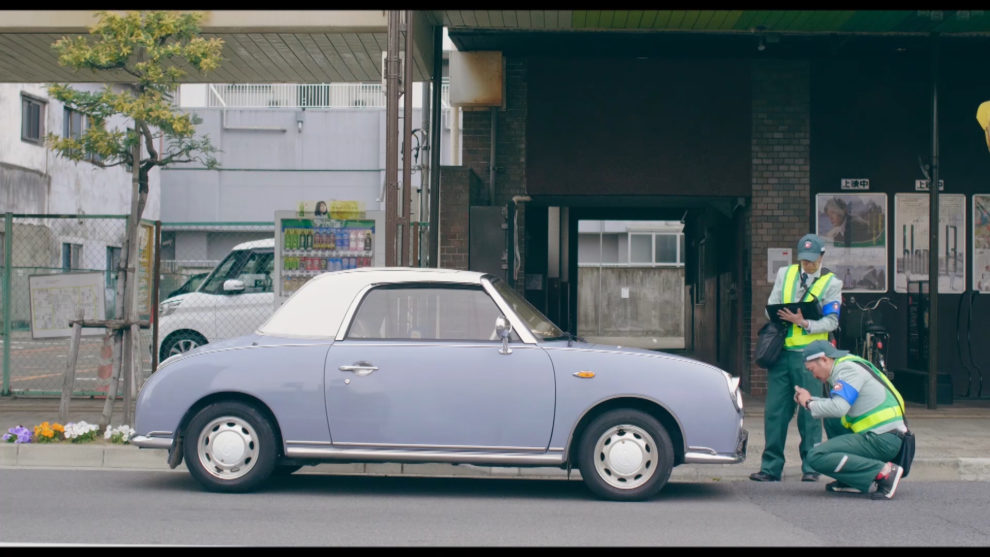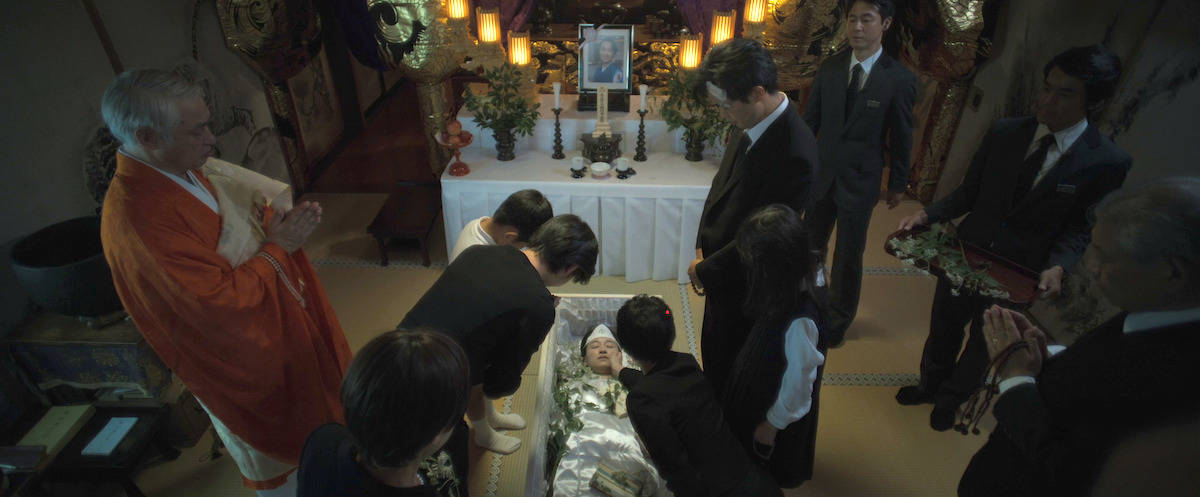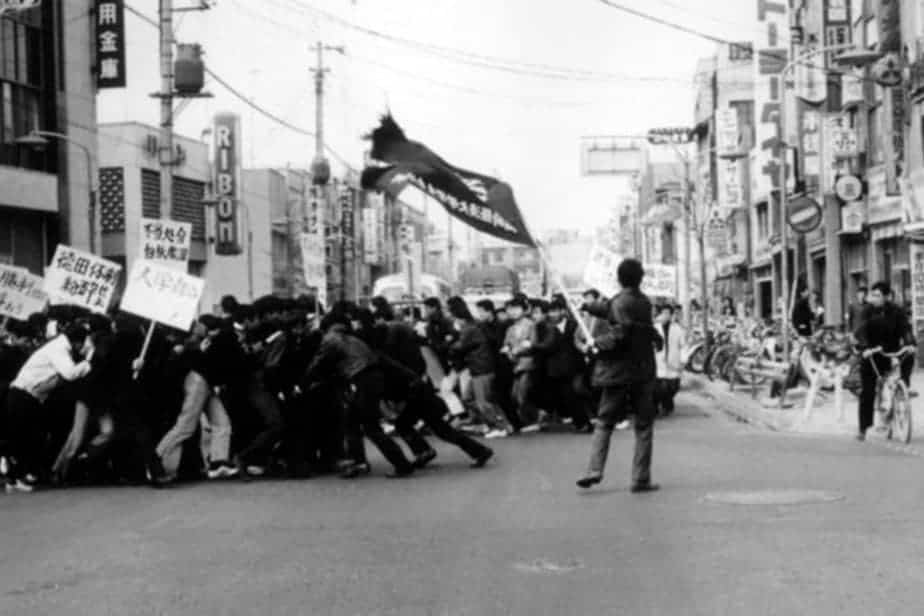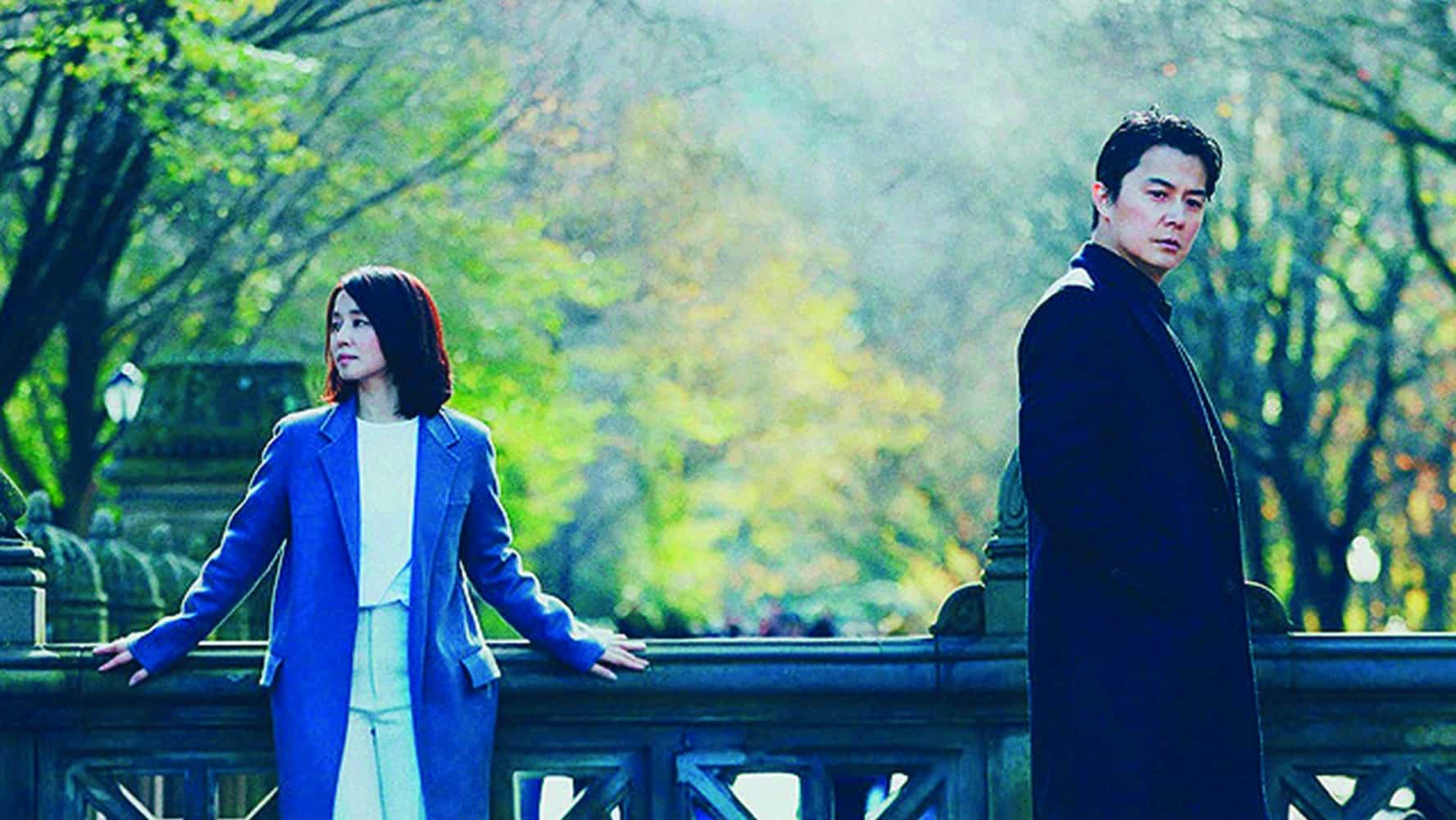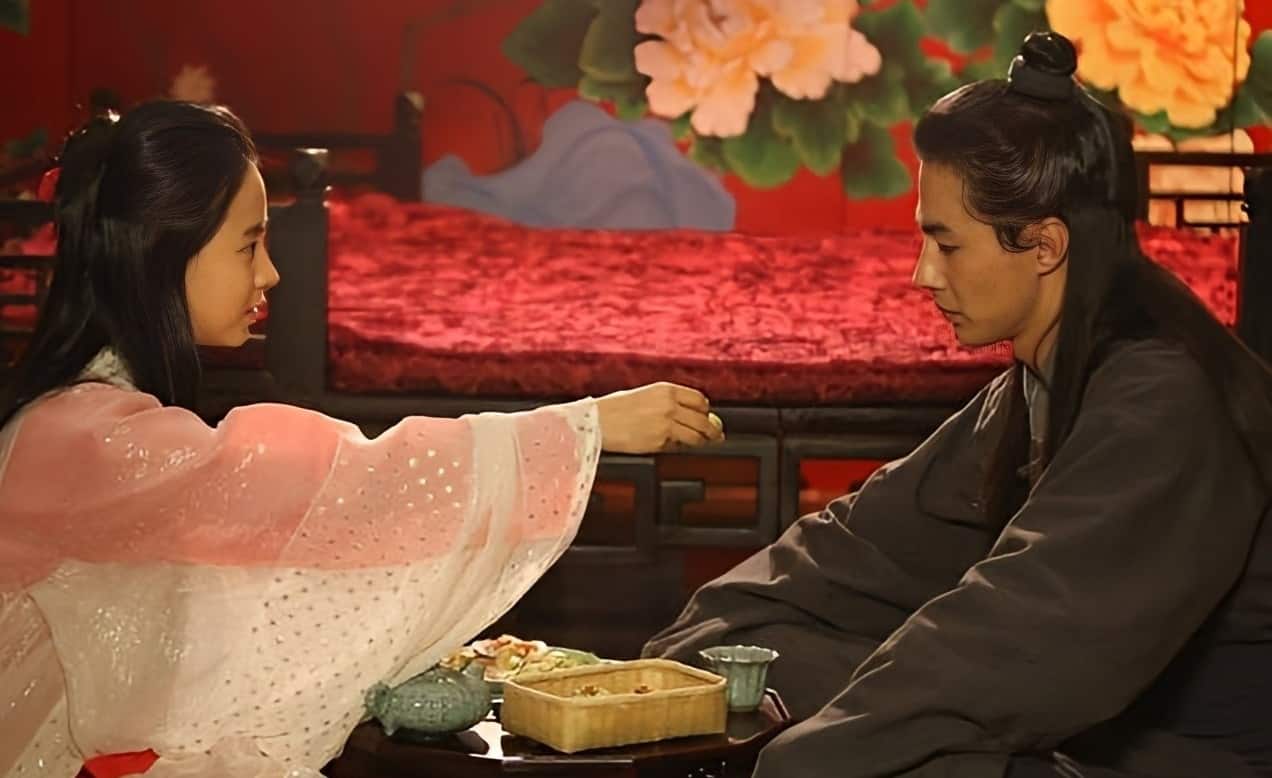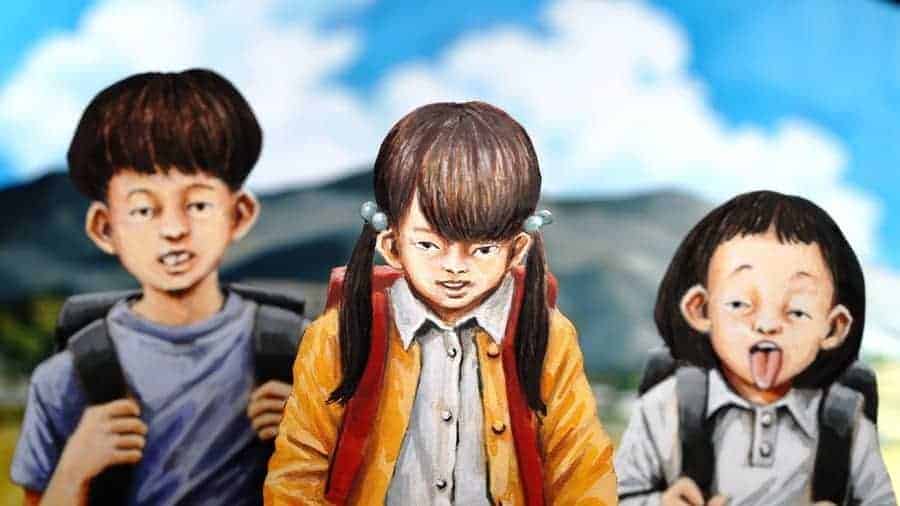Having studied under Yukio Ninagawa, and after producing a series of award-winning shorts, Mikiya Sanada came up with his first feature, a comedy that revolves around the concept of illegal parking, in 2019. The title of the movie, “Dream of Euglena” refers to the parking officers, who, due to the green color of their suit, are frequently referred to as the titular microorganisms.
Dream of Euglena is streaming on TodoiF

A pair of parking guards, Makoto and Shige, are dispatched from a private company and are employed by the country as public servants. The two of them, however, could not have been more different, with Makoto being as strict and relentless as possible in his issuing of tickets, while Shige always tries to help the recipients, particularly when they are beautiful girls. Expectedly, their differences lead to a clash that takes place after they pick the night shift in order to get a bit more money. Meanwhile, a pop singer and her manager are about to deal in some shady business, while a potential couple of two office colleagues are trying to hide from their company's gossip. As the yakuza is also involved in the fateful night, the story takes place in, the paths of all the aforementioned cross, and past connections are revealed.
Comedies are one of the hardest genres to find an audience outside of their country's viewers, particularly since humor tends to be based on local concepts and ways of thinking, with the gap between the East-Asian countries and the Western world being particularly large in that regard. As such, a comedy about parking in Japan would be difficult to appeal to European audiences for example, where in many countries parking wherever one wishes is actually the rule. However, Sanada manages to overcome this issue by presenting a film that goes much beyond its main premise, incorporating themes that can easily be perceived as global, resulting in a title that may not make its (western) audience laugh out loud, but will definitely put a smile on their face.
The ways he achieves that are many and vary. The main concept of the good cop/bad cop is definitely the main one here, and Sanada implements it in the best way possible, initially for laughs, but eventually in order to analyze his characters better by showing the events of their past that led to them having the particular attitudes. As the two learn more and start to understand each other better, the film also sends a message about comradeship and against assumptions and misconceptions that frequently lead to friction. Conjunctively, the movie also deals with bullying and friendship, and how the latter can help people overcome the former.
The concept of idols and the hardships they face, how difficult relationships have become in the contemporary urban setting, the role of yakuza in various aspects of Japanese society, and “office politics” conclude the context here. In that fashion, and considering the number of events and characters present on the film, the narrative moves towards a path that lingers between the episodic and the road movie, in an approach that gives Sanada the opportunity to present his comments and a number of chances for comedy. Granted the singing sequence could have been avoided, but as the sum of its episodes, the movie definitely leaves a positive sense.
And talking about comedy, there is actually plenty to be found here, with the interactions with the “illegal parkers” being particularly funny, as much as the various chasings through the streets at night, and the whole concept of Kasukabe, the office gossip. The editing, with the occasional abrupt cuts, also becomes part of the humor, while the relatively fast pace suits the overall aesthetics of the movie to perfection. Also of note here is the excellent cinematography, which is on a much higher level than is usually the case in such films. Particularly the framing on occasion is exquisite, highlighting the attention to detail of Sanada and his DP, with the scene with the two protagonists in front of a busy street and the one where one of the women's dress matches the flowers of the park she is sitting in highlighting this prowess quite eloquently.
“Dream of Euglena” is a pleasant and quite entertaining film that is bound to put a smile on the face of any viewer.


